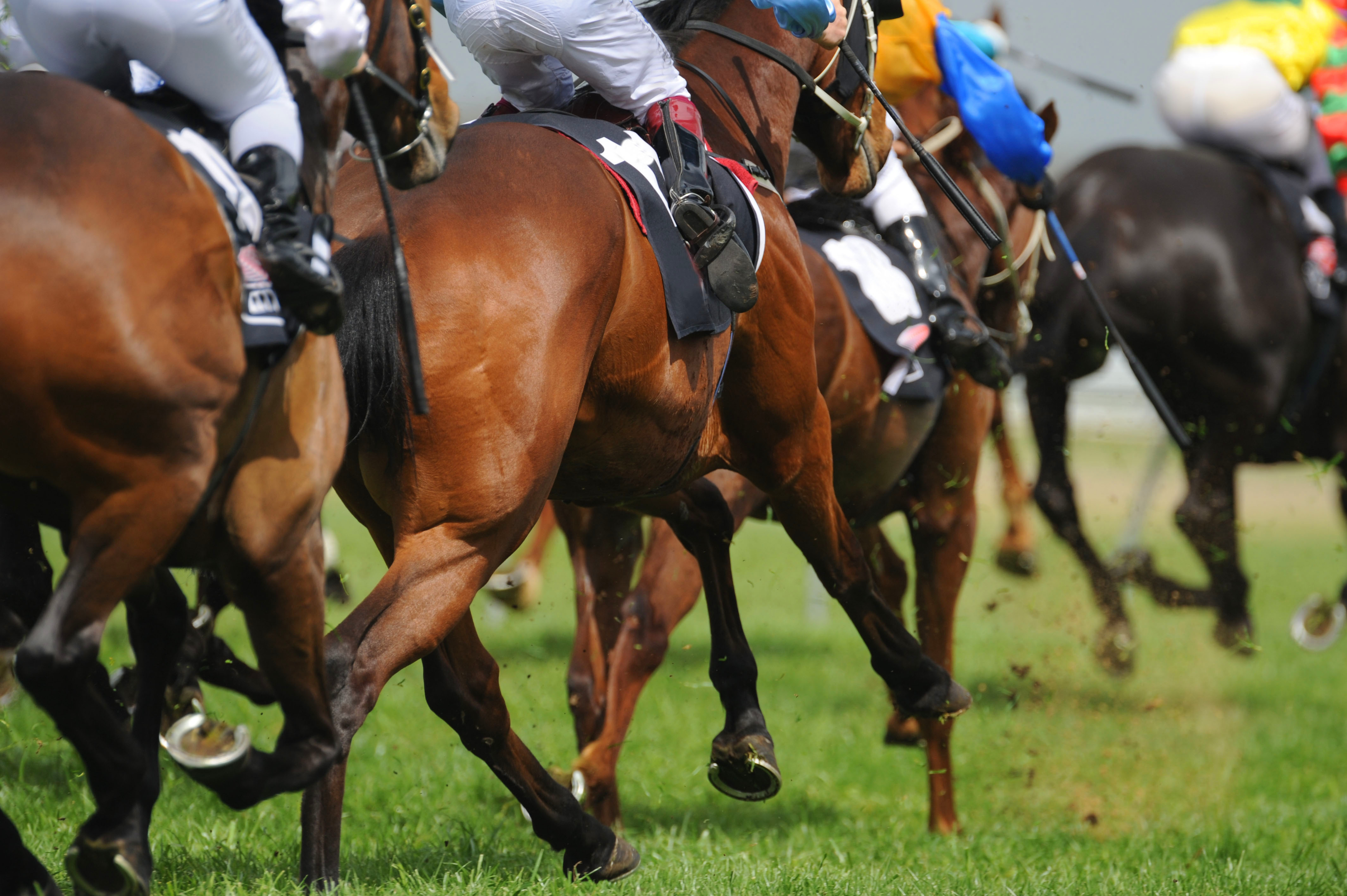
THE British Horseracing Authority expects to decide on Thursday evening whether racing can go ahead on Friday following the outbreak of equine influenza.
Thursday’s meetings at Ffos Las, Doncaster, Huntingdon and Chelmsford were all called off after it emerged three horses from a racing yard had contracted the virus.
It was revealed that the same yard had runners at Monday’s meetings at Ayr and Ludlow. The only trainer to be represented at both meetings was Donald McCain.
With swift action taken, the BHA is waiting on results of numerous samples to assess the “severity of the outbreak”.
The BHA issued a new statement on Thursday morning.
It read: “Racing was shut down today as a precautionary measure to restrict the movement of thoroughbred racehorses and prevent any further spread of the virus. This is a standard contingency in the event of an infectious disease affecting our horses.
“It was essential that racing be stood down today, and controls on movements of horses be put in place in order to attempt to control the spread of the disease, and the decision was taken swiftly last night that this course of action should be taken, once the extent of the issue was known. The BHA consulted with its veterinary committee before making this decision.
“We will endeavour to issue regular information, but we are still in the early stages of assessing the scale and severity of the outbreak. We are working quickly to identify the extent of the infection and will have more information when further test results are returned today. The results from those tests will not be known until this evening.”
The situation is therefore set to become much clearer later on Thursday.
The statement added: “Following these results being known, a call will be convened to discuss the implications, and a decision will then be made as to the impact on racing in the coming days.
“We are aware that people want to know the situation as regards racing tomorrow and this weekend, and we will seek to provide more clarity as soon as we are able. It is likely that any definitive decisions on whether racing can take place tomorrow will be taken later this evening.
“We are contacting trainers of all yards which might conceivably have had contact with horses from the affected yard in order to advise them on biosecurity measures and to ask them not to move horses. We are also issuing guidance to the wider population of trainers.
“We are working closely with the National Trainers Federation to share this information and ensure that trainers are kept as informed as possible. Trainers are being sent a contact number should they have further questions, and they are advised to contact their vets with any further concerns.
“Anyone visiting a racing yard should exercise appropriate caution and check with a trainer before visiting, and trainers are advised to limit where possible the movement of people to and from their yard. There is a code of practice for dealing with infectious diseases on the website of the National Trainers Federation.”
One area for concern is the fact that the infected horses had been vaccinated against the disease
“All British racehorses are vaccinated against equine influenza,” the BHA added.
“However, this strain has affected vaccinated horses. The disease may be serious in unvaccinated horses, although symptoms in vaccinated horses are usually mild and transient.
“Symptoms may include a raised temperature, a cough and nasal discharge. It is highly contagious. Humans are not at risk from the virus, though can be transmitters of the virus.”
A strain of equine influenza had a devastating effect on Australia in 2007, but the BHA has moved to stress there is little comparison.
“The situation here is not the same as the incident in Australia in 2007. Australian thoroughbreds are not vaccinated against influenza, while British thoroughbreds are, as the virus is endemic in the UK. Therefore an important barrier is in place to prevent the same situation occurring here.
“However, as we have seen in Europe, the virus has affected vaccinated horses in this case. The vaccine should, however, help reduce to a certain extent the effect and spread of the disease in thoroughbreds.
“This is a wider horse health issue, which is not confined to horseracing. Unlike thoroughbreds, the wider horse population in Britain is not vaccinated against equine flu. While the BHA is not specifically responsible for non-racehorses, the general advice to owners would be to contact your vet if you have concerns.”

Enjoy the convenience of having The Sunday Post delivered as a digital ePaper straight to your smartphone, tablet or computer.
Subscribe for only £5.49 a month and enjoy all the benefits of the printed paper as a digital replica.
Subscribe